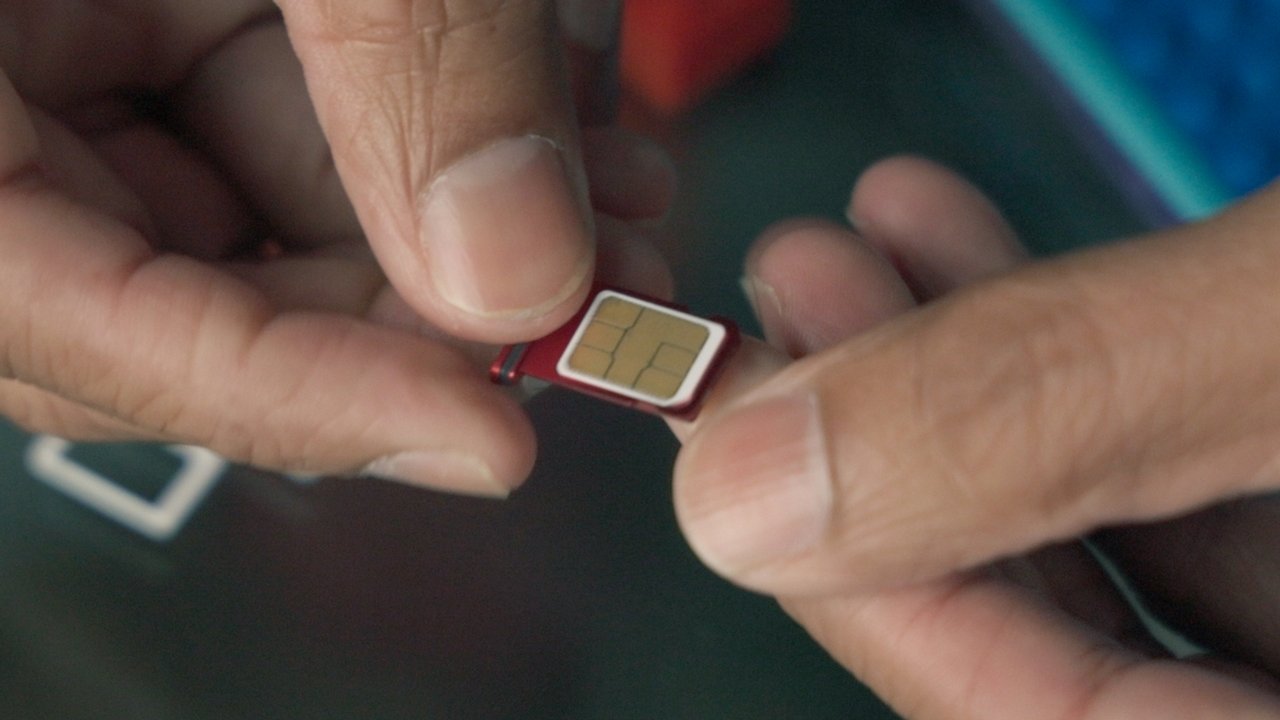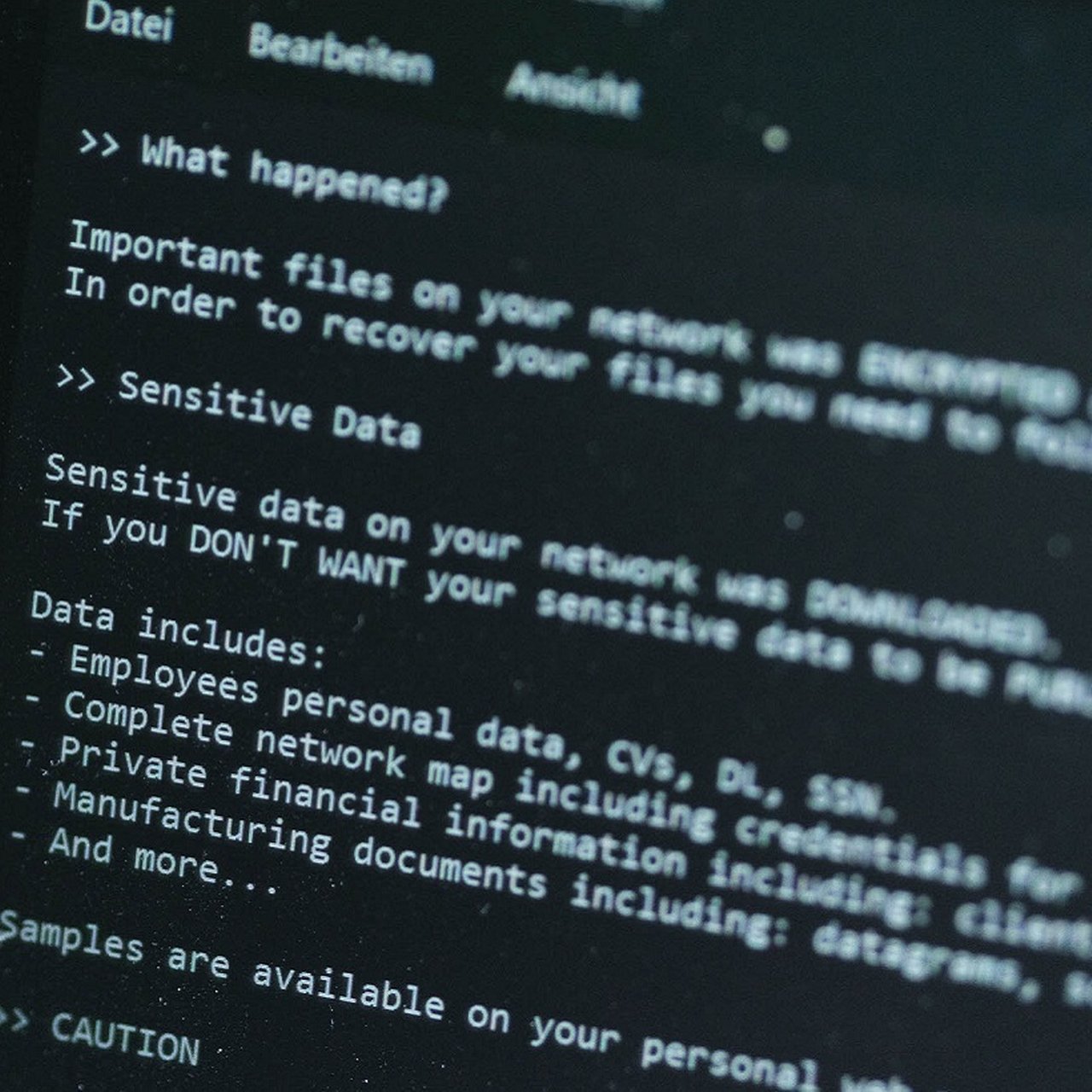“German companies are not well enough protected”
Hackers are an existential threat to one in two companies in Germany. Ralf Wintergerst, Chairman of the Management Board of the technology company Giesecke+Devrient and Bitkom President, talks about the greatest risks and what we can do to protect against them.
Cyber-attacks alone cost the German economy an enormous 148 billion euros every year. Companies are responding to the digital threats and, according to the digital association Bitkom, Germany is investing more than ever in IT security. In 2024, for the first time, spending could exceed the ten billion euro mark.
Ralf Wintergerst, Chairman of the Management Board of the technology company Giesecke+Devrient (G+D) and President of the digital association Bitkom, sees cyber-attacks as the greatest threat to the economy, society and the country at present. In this interview, he explains which areas are particularly at risk and how security in the digital space can be increased.
In your role as Bitkom President, you recently described cyber attacks as a major part of hybrid warfare with regard to attacks from abroad. Which areas do you see in Germany and Europe as particularly at risk?
In principle, all companies and public institutions are at risk of being attacked – and they are, every day. A successful cyber attack not only paralyses computers, it can also result in a production standstill. In the meantime, more than half of German companies see their existence threatened by this. It becomes particularly serious if an attack hits critical infrastructure, for example, if the energy supply collapses or hospitals and transport hubs are shut down.
It becomes particularly serious if an attack hits critical infrastructure …
What needs to change to better defend against these attacks and to protect critical infrastructure more?
We need close cooperation between law enforcement authorities in the states and at the federal level, our intelligence services and the German military. Cyber attackers are not guided by our federal structures, and in cyber space boundaries between internal and external security no longer exist. We must find an adequate response to this new situation and that means ensuring close cooperation between all the agencies involved, at national, European and international level.
As a general rule, cyber security must become a top priority in companies and public administration.
Patents and intellectual property play a major role in Germany. How well do you see German companies protected against cyber attacks?
Unfortunately, not well enough. As a general rule, cyber security must become a top priority in companies and public administration. Sufficient funds must be made available for IT security. We recommend spending at least 20 percent of your IT budget on security. But it's not just about technology, it's also about people. In particular, employees must also be trained to recognise attacks at an early stage and act accordingly.
We recommend spending at least 20 percent of your IT budget on security
New developments such as quantum technology could exponentially increase the risk of cyber attacks. How can companies arm themselves against this today and in the future?
Companies should be aware that they need to protect the different parts of their business differently. When it comes to the things that need most protection, you have to think about how secure encryption will still be in five years, for example. On the other hand, it’s not just attackers that can use new technologies. Take artificial intelligence, for example; it can be misused for cyber attacks, but it can also serve well in detecting and defending against attacks. At G+D, we’re always watching out for these kind of new opportunities.
This interview was conducted by Georg Berger 07/2024
Deutsche Bank and Giesecke+Devrient
As its Global Hausbank, Deutsche Bank provides Giesecke+Devrient with support in relevant treasury matters relating to payment transactions, foreign trade and risk management. “We have maintained a trusting partnership with Giesecke+Devrient for decades and are proud to accompany the dynamic development of the group with our global network and tailor-made solutions,” says Steffen Reis, Senior Coverage Banker at Deutsche Bank in Munich.

About Giesecke+Devrient
Giesecke+Devrient (G+D) is a global SecurityTech company headquartered in Munich, Germany. G+D shapes trust in the digital age, with built-in security technology in three segments: Digital Security, Financial Platforms and Currency Technology.
G+D was founded in 1852 and today has a workforce of more than 14,000 employees. In the fiscal year 2023, the company generated a turnover of 3 billion euros. G+D is represented by 123 subsidiaries and joint ventures in 40 countries.

Dr. Ralf Wintergerst
Dr. Ralf Wintergerst is Chairman of the Management Board of Giesecke+Devrient (G+D). In addition to his duties as Group CEO, he is responsible for the central areas of Corporate Strategy and Development, Mergers & Acquisitions, Corporate Communications, Compliance Management and Auditing, Data Privacy, and Legal and Corporate Governance. As the company's Labor Director, he is also responsible for Human Resources.
In addition, he is active in several functions related to IT security issues, including as a member of the advisory board of the Cyber Defense Institute of the Bundeswehr University in Munich and as President of the digital association Bitkom e.V. with over 2,200 companies as members.

Georg Berger
… is interested in what cyber security solutions will look like in the future and how emerging technologies such as artificial intelligence and quantum computers will help shape them.
Recommended content
Digital Disruption | Opinion
”We operate in a zero-trust environment.“ ”We operate in a zero-trust environment“
Cybercriminals look for weak points in value chains and use them as a gateway, for data theft or blackmail. At the same time, the cyber skills gap is growing, warns WEF expert Gretchen Bueermann.
Digital Disruption | Photo Story
“The attack brought us closer” “The attack brought us closer”
The attackers hit shortly before Christmas. How our client, office supply store Schäfer Shop, got business back up and running after having fallen victim to a cyber attack.
Digital Disruption | Insights
How bug bounties are safeguarding cyberspace How bug bounties are safeguarding cyberspace
Ethical hackers conduct test attacks on behalf of companies, which proves to be an indispensable service towards protection against cyber crime.







